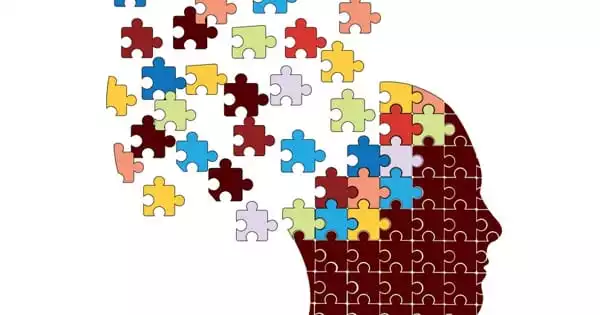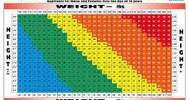Dementia is defined as a loss of cognitive functioning — thinking, remembering, and reasoning — that interferes with a person’s everyday life and activities. Some dementia patients are unable to manage their emotions, and their personalities may shift. Dementia progresses in intensity from moderate to severe, with the mildest stage affecting a person’s functioning the least and the most severe requiring the person to rely entirely on others for fundamental daily functions.
Dementia is a cause of death. Dementia has a significant impact on mortality, particularly in young patients. Dementia affects ≈50 million people globally today. This figure is predicted to increase by 2050 as the population ages. Dementia has far-reaching repercussions for those who suffer from it, their families, and society as a whole.
According to a new study, nearly half of all older persons now die with a dementia diagnosis on their medical record, a 36 percent increase from two decades ago. However, the researchers believe that the dramatic increase is due to increased public awareness, more detailed medical records, and Medicare billing processes rather than a genuine increase in the disorder.
Nonetheless, they point out that this allows more older persons to plan ahead of time with their family and health care professionals about the type of care they want at the end of life if they develop Alzheimer’s disease or another form of cognitive impairment.
This demonstrates that we still have a long way to go in proactively addressing end-of-life care preferences with newly diagnosed patients and their families. Whereas underdiagnosis was formerly a worry, we can now concentrate on how we use dementia diagnosis rates in everything from national budget planning to altering how Medicare reimburses Medicare Advantage plans.
Professor Julie Bynum
A team from the University of Michigan conducted the study, which was published in JAMA Health Forum, and included data from 3.5 million persons over the age of 67 who died between 2004 and 2017. It focuses on the bills their providers submitted to the traditional Medicare system during the patients’ final two years of life.
In 2004, about 35% of these end-of-life billing claims mentioned dementia, but by 2017 that figure had grown to more over 47%. Even when the researchers limited it to patients with at least two medical claims mentioning dementia, 39 percent qualified, up from 25 percent in 2004.
The greatest increase in the percentage of patients dying with a dementia diagnosis occurred around the time that Medicare permitted hospitals, hospices, and doctors’ offices to include more diagnoses on their payment requests. However, at roughly the same time, the National Plan to Address Alzheimer’s Disease entered into effect, with an emphasis on public awareness, quality of care, and increased support for patients and caregivers.

Dementia becomes more common as people age (approximately one-third of persons aged 85 and older may have some kind of dementia), but it is not a normal component of the aging process. Many people live well into their 90s and beyond without showing any signs of dementia.
The end-of-life care provided to dementia patients has altered little over time, with a decrease in the percentage of people dying in a conventional hospital bed, an ICU bed, or with a feeding tube in their last six months. The percentage of people who received hospice treatment increased considerably, from 36% to nearly 63%, while the authors highlight that this is consistent with a nationwide trend toward more hospice care by the late 2010s.
“This demonstrates that we still have a long way to go in proactively addressing end-of-life care preferences with newly diagnosed patients and their families,” said Julie Bynum, M.D., Ph.D., senior author of the study and a professor of geriatric medicine at Michigan Medicine. “Whereas underdiagnosis was formerly a worry, we can now concentrate on how we use dementia diagnosis rates in everything from national budget planning to altering how Medicare reimburses Medicare Advantage plans.”
As the disease progresses, people with dementia become more reliant on the help of others, and admittance to a long-term care home is frequently regarded required at some point. When dementia is diagnosed, the most often asked questions are how long people will be able to remain at home and how long it will endure until death. Accurate estimates may aid in informing patients with dementia and their families about their prognosis.
















